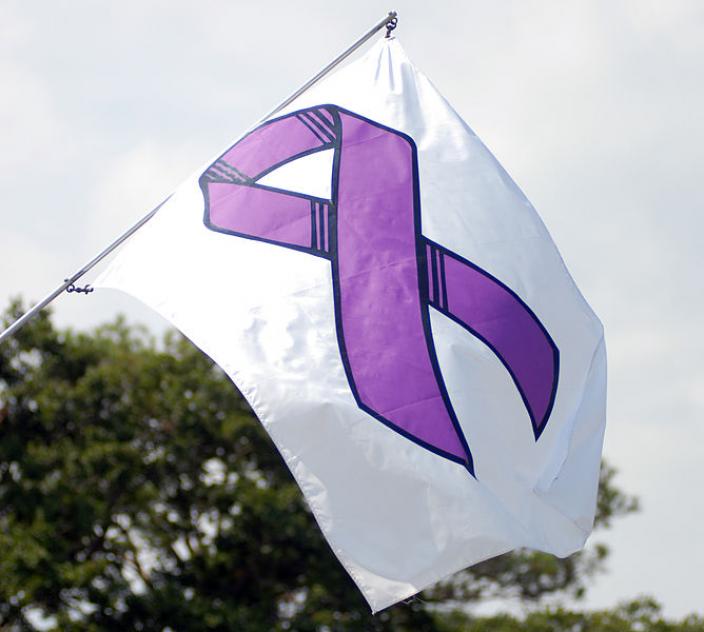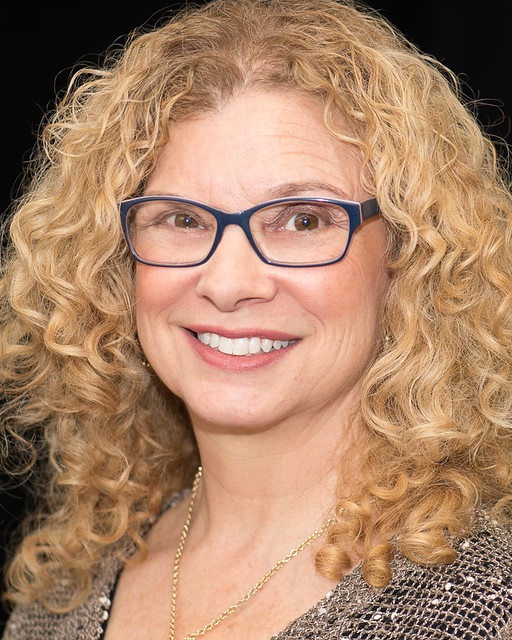
This week’s parashah combines B'har and B’chukotai. B'har presents the laws for observing the sabbatical and jubilee years and addresses caring for the poor and the land. B’chukotai lays out the rewards and consequences for obeying God’s rules.
The people are told that the sabbatical year, the seventh year, is for the land to be given a rest - its own Sabbath. In this year that the land lies fallow, the people are commanded to guarantee food for the needy and cancel all debts. It is God’s land and we are to care for it and all of God’s creations.
So is this where we learn our obligation to the poor? Is this why we make our environment and how to preserve it a priority? Social justice is not a modern concept but instead at the bedrock of Jewish ethics. Maimonides said that these obligations teach “sympathy toward others and promote the well-being of all” and encourages us to be generous with those in need. So we give tzedakah and carry out mitzvahs.
From the beginning of our history in 1913, Women of Reform Judaism has resolved in both word and deed to care for vulnerable populations. We are quick to recount our support for women’s rights, human rights, civil rights and individual rights in dozens of resolutions over the last 104 years. But looking back at the WRJ resolutions I also found many resolutions that speak directly to God’s commandments in this week’s parashah.
At least 8 WRJ resolutions are related to the earth and environment - the first in 1969, entitled “Environmental Pollution.” Since then our concern has included energy crises and limited resources, clean air and pure water, land preservation, toxic and radioactive waste, climate change, and global warming.
Five resolutions focus on providing food security to vulnerable populations around the world. The first was in 1944 when then NFTS urged President Roosevelt to take immediate efforts to send food shipments to struggling populations in Europe to prevent mass starvation. The latest in 2009 addresses the benefits of farmers’ markets, family gardens and CSA’s in contributing to food security for disadvantaged groups.
Still with the theme of the sabbatical and jubilee years, WRJ has addressed economic justice and poverty at least seven times in our history. In 2000, we called for debt forgiveness of the poorest nations of the world who have to divert scarce resources from health care, food assistance, education, and other social services to meet their payments.
Through these resolutions we ask our membership to take action to make change in our communities. And so Mitzvah Day is born, as well as Stop Hunger Now, partnerships with food banks, advocacy to government officials, donations to local charities, and so many other ways every sisterhood reaches within and beyond our temples to help those in need. Our work is so vital and the need has only expanded, not contracted, in the last 100 years.
I work for a non-profit organization that is celebrating its 100th anniversary of providing for the needy in New York City and the facts are astounding. More than 1.7 million people in our city live in poverty and in the Jewish community, half a million Jews live in poor or near-poor households. We are committed to addressing food insecurity through innovative ways that distribute 4 million pounds of food to New Yorkers each year.
So why do we do these good works? Is it because God commands us in B'har with specifics about how the poor are to be protected, imploring us four times with the words, “and if your brother [or sister] should be reduced to poverty…?” Is it because, according to Rabbi Assi, “tzedakah is more important than all the other commandments put together?”
In the second part of this week’s parashah, B’chukotai, we learn that if we follow the commandments we will be rewarded with 13 blessings. But if we refuse to follow the commandments, God will bestow 30 curses upon us. So giving out gold stars and demerits didn’t start in Kindergarten. But is this reward system what motivates tzedakah?
As Rabbi Rick Jacobs teaches, Reform Judaism defines a person of faith as someone who “thinks deeply and analyzes choices to choose wisely.” We may not choose to fulfill all of God’s commandments but we practice the ones we choose because it is the right thing to do. Our reward is that we are living a meaningful life. It is as Maimonides writes, that tzedakah also brings happiness to the generous and so we are happy when we help others.
I am proud that Women of Reform Judaism has always done the right thing and that over 100 years of resolutions continue to address the needs of the hungry, the poor and our environment, along with the rights of all peoples and so many relevant and important issues. The smiles we have on our faces and in our hearts comes from the joy we share with others.
Andrea Gingold is a WRJ Board member, Sisterhood President of Temple Israel of the City of New York and Senior Development Executive at UJA-Federation NY.
Related Posts

Parashat Yom Rishon shel Rosh HaShanah

Cultivating a Culture of Accountability and Belonging


